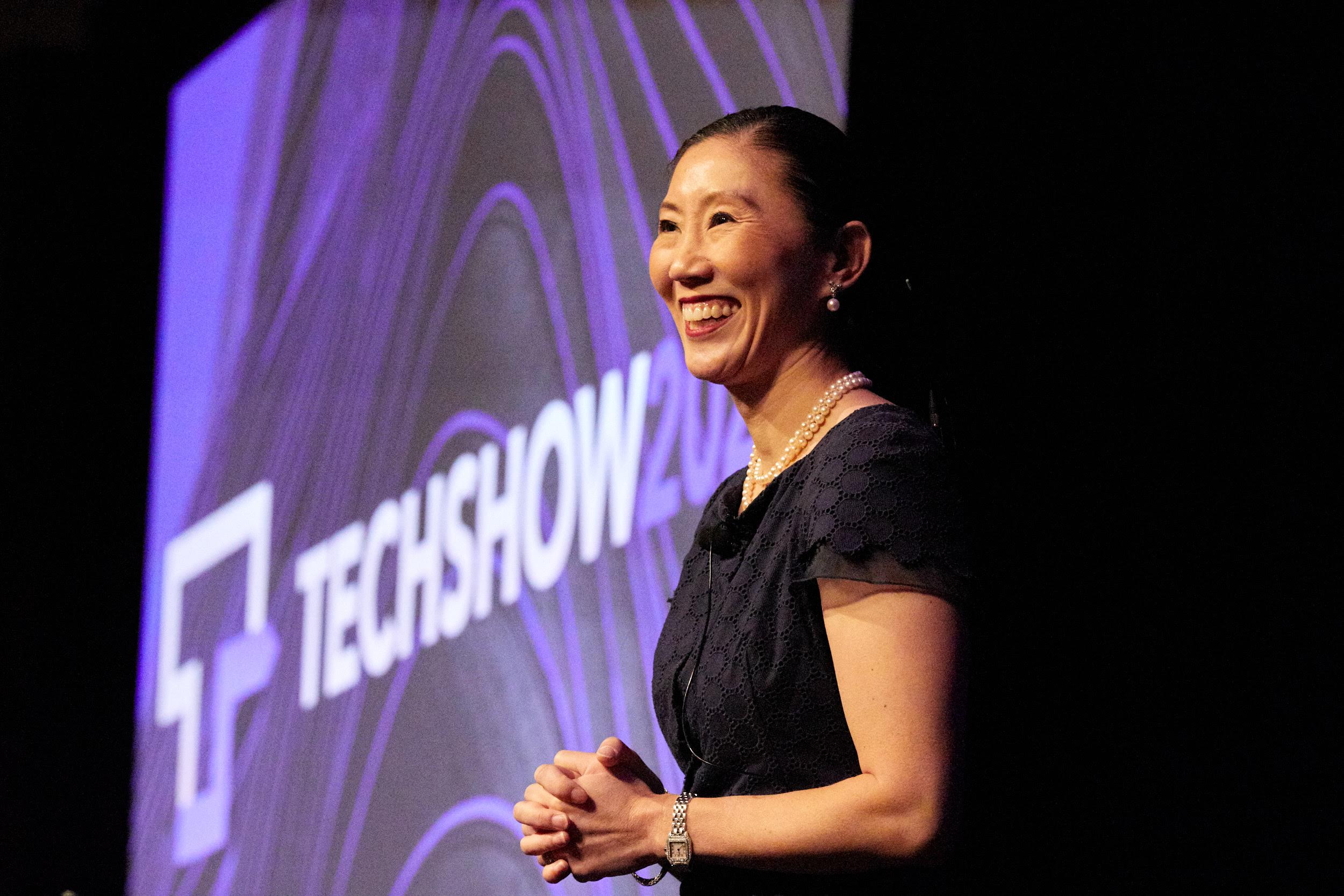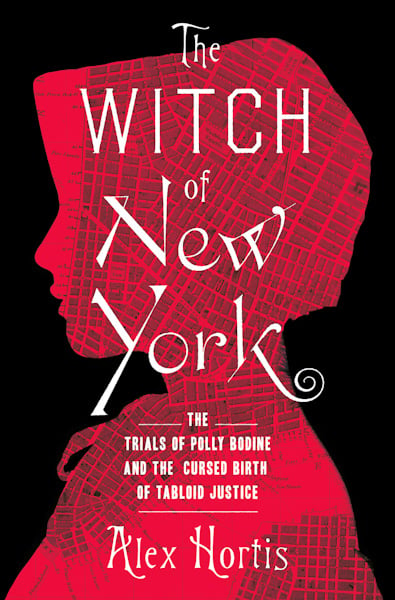Google’s Mary Shen O’Carroll says the legal industry is finally getting faster and more efficient

Mary Shen O’Carroll delivers the keynote speech at Techshow on Friday. Photo by Saverio Truglia.
“I’m not a lawyer,” said Mary Shen O’Carroll during her keynote speech at the ABA Techshow 2020 on Friday afternoon from the Hyatt Regency hotel in Chicago.
After all, the director of the legal operations, technology and strategy team at Google has always been interested in working faster and making things more efficient—two qualities that have never been associated with lawyers.
However, she argued the legal industry finally seems to be moving closer to where she’s always been.
“This is an industry that’s been stuck in time for a long time,” she said, recalling how, until recently, clients would blindly accept whatever fee increases law firms would impose on them, regardless of whether the lawyers deserved them or had delivered what they had promised. “There are changes happening all around us, and it’s accelerating.”
O’Carroll, a 2016 ABA Journal Legal Rebel, pointed to several factors, particularly the role of technology in allowing lawyers to work more efficiently, as well as the presence of alternative legal service providers, such as the Big Four accounting firms, giving previously dominant and unchallenged law firms a strong incentive to innovate the way they deliver services.
Follow along with the ABA Journal’s coverage of the ABA Techshow 2020 here.
All this has given rise to legal operations, an issue near-and-dear to her heart. As president of the Corporate Legal Operations Consortium, O’Carroll credited corporate legal departments for driving much of the change within the industry. “When you have legal ops professionals in every company now focused on doing things better and faster, you’re creating a global demand for more technology investment, more pricing options and more options to how services are delivered,” she said.
Of course, not every player in the legal industry is on board, and O’Carroll argued that most firms are either “deniers,” who have taken a “nothing to see here” mentality, or “experimenters,” who are fine with incremental or cosmetic changes but ultimately invested in preserving the billable hour-based status quo.
But she also noted there are a few “committed” firms that understand it’s not viable to have goals disconnected from those of their clients and are investing heavily in technology—in some cases, building and developing their own.
An audience member asked what it would take for most law firms to move from being “deniers” or “experimenters” to “committed.”
“Trying to convince people that the model is broken is hard, especially when it’s been working for a long time,” O’Carroll said. “I think a big firm that’s really committed will do something big and public and then everyone else will follow.”
Ultimately, O’Carroll said bringing about necessary changes in the legal industry would require collaboration and cooperation.
“When we talk about the future, it’s easy to get excited about robots, machine learning and AI,” she said. “But what I’m excited about is seeing a legal profession open to new people and ideas, and we can all work together to come up with a better future for all.”



